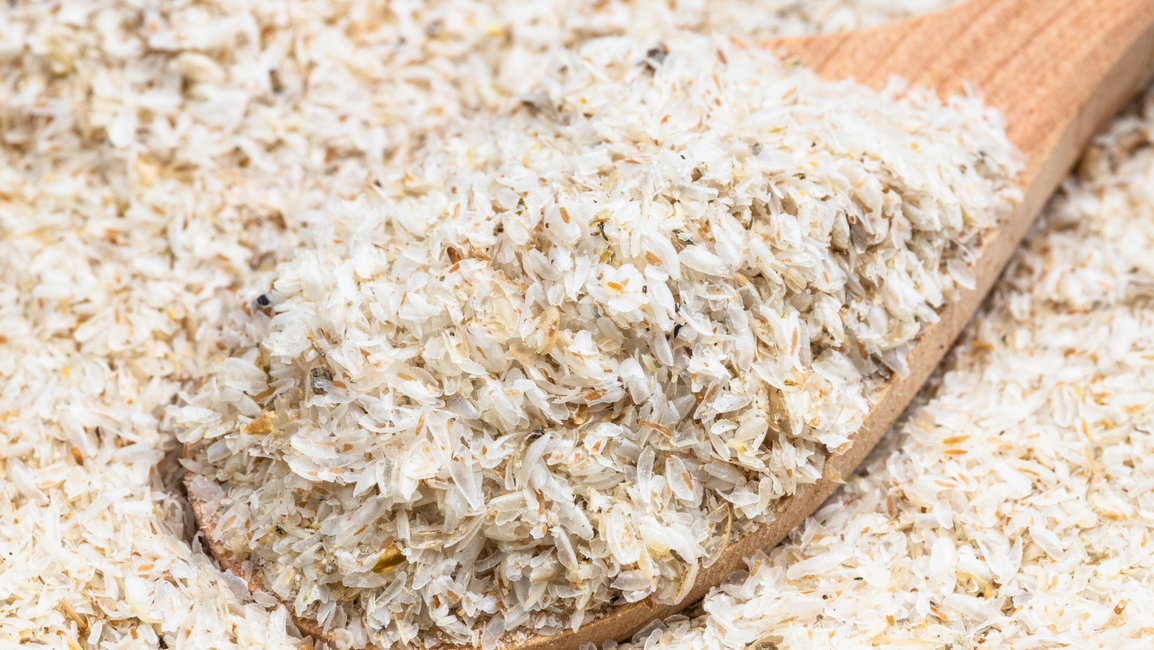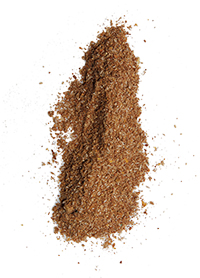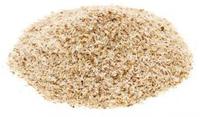
Understanding What's In Your Digestive Supplement
We hear terms like "probiotic" and "psyllium" tossed around a lot (especially when it comes to supplements), but do you actually know what they are and what they do for your horse?
Before we begin defining common ingredients, check out this video to gain a better understanding of your horse's digestive tract:
PROBIOTIC
In short, the term "probiotic" is used to describe the beneficial bacteria that resides in your horse's digestive tract. These bacteria work to ensure proper digestion and break down of food consumed. Additionally, when imbalances in the flora occur, these bacterial species work to restore balance to your horse's GI tract. If specific species are not listed, these may be noted as "Direct Fed Microbials" or something similar.
Common probiotics included in digestive supplements:
Saccharomyces cerevisiae Lactobacillus casei Enterococcus lactis
Lactobacillus acidophilus Lactobacillus plantarum Bifidobacterium longum
Enterococcus faecium Lactococcus lactis
PREBIOTIC
Commonly thought of as "food" for the probiotics, prebiotics provide important sustenance for probiotics and allow them to work as efficiently as possible within the digestive tract. Frequently, these may be listed as "Mannanoligosaccharides (MOS)" or "Fructooligosaccharides (FOS)" rather than listing the specific species.
Common prebotics included in digestive supplements are:
Aspergillus niger
Trichoderma longibrachiatum
Bacillus subtilis
YEAST
Yeast is vital to a well-rounded, effective digestive supplement. It increases fiber digesting microbes in the digestive tract, improves nutrient digestion and improves overall hindgut health. Additionally, it plays an important role in regulating the acidity of the stomach and stabilizes pH by increasing the population of lactic acid utilizing bacteria.
DIGESTIVE ENZYMES
There are many digestive enzymes commonly included in digestive supplements, all of which play a slightly different role. Some of the enzymes most often seen are:
Protease: Enables optimal digestion of protein
Lipase: Plays an essential role in the digestion of fats
Cellulase: Helps to break down the hay and grass our horses eat
Amylase: Enables effective digestion of carbohydrates
Phytase: Enables the effective digestion of grains
PSYLLIUM
Traditionally thought of for sand removal, psyllium actually has many benefits to the digestive tract. Psyllium is an effective laxative and encourages optimal movement of food and debris through the GI tract. It regulates the inflammatory processes within the hindgut, promotes repair of and regeneration of healthy mucosa, helps to control blood glucose and insulin levels and is even proven to help limit the severity of hindgut ulcers. On ingredient lists, you may see this listed as "psyllium" or "psyllium seed husk."
Check out these previous blogs about the amazing benefits of psyllium:
Psyllium: Sand Clearance or Equine Superfood?



